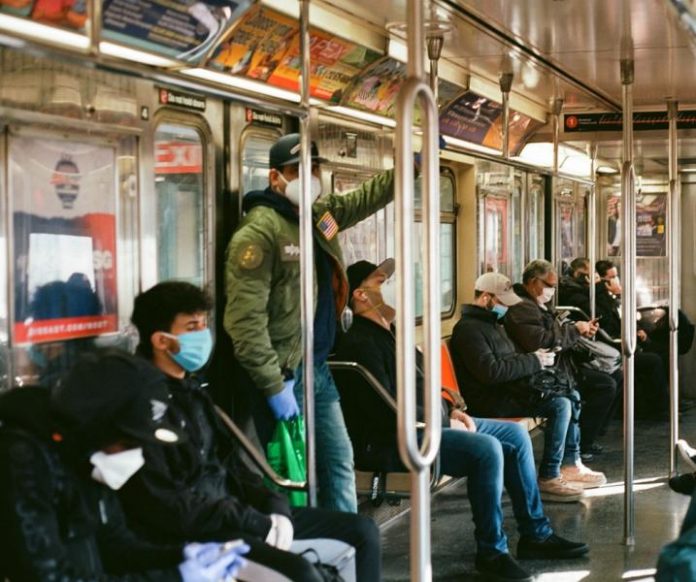New Brunswick is looking to use more of its stockpile of COVID-19 rapid tests.
The government says it is developing a process to use rapid tests for some essential workers who currently require weekly tests. That group includes daily commuters who travel from outside of the province for work, as well as truckers from the province.
“Public Health is currently working on a process to deliver and deploy rapid screening tests to individuals who will require weekly testing in the province,” Department of Health spokesperson Bruce Macfarlane wrote in an email.
“Rapid screening tests are currently used in rural health care settings, emergency rooms, shelters and provincial correctional facilities, as required, with remaining amounts held in storage for contingency purposes.”
Green Leader David Coon says the plan is a smart bet to further guard against outbreaks of the coronavirus and expects to see it in practice in the near future.
“Really the most important role for those rapid tests in the New Brunswick context is to pick up more positive cases among daily commuters,” he said in an interview.
“A number of our border communities depend on those daily commuters who are doctors and nurses and other health-care professionals.”
The province has a stockpile of two types of rapid tests, one known as a screening test and the other as a diagnostic.
Dr. Jennifer Russell says the latter is more effective and in short supply and is often used in pre-op settings as well as in response to outbreaks in long-term care homes and other vulnerable facilities.
Russell says it would likely be the screening tests deployed at the border. The province has a larger stockpile, but they aren’t as effective, offering both false-positive and false-negative results. Any positive result must be followed up with a standard PCR test to confirm.
But Russell says the greater danger lies in potential false negatives.
“For the false negative, though, that brings a higher risk with it, because when you miss people that means they’re out there transmitting. With COVID-19 as we knew it, not ideal, but with the new variant, really not ideal,” she said.
“So we do want to be careful which types of situations we use them in.”
































